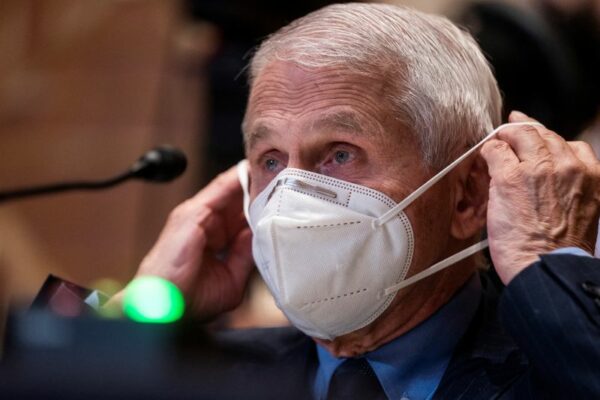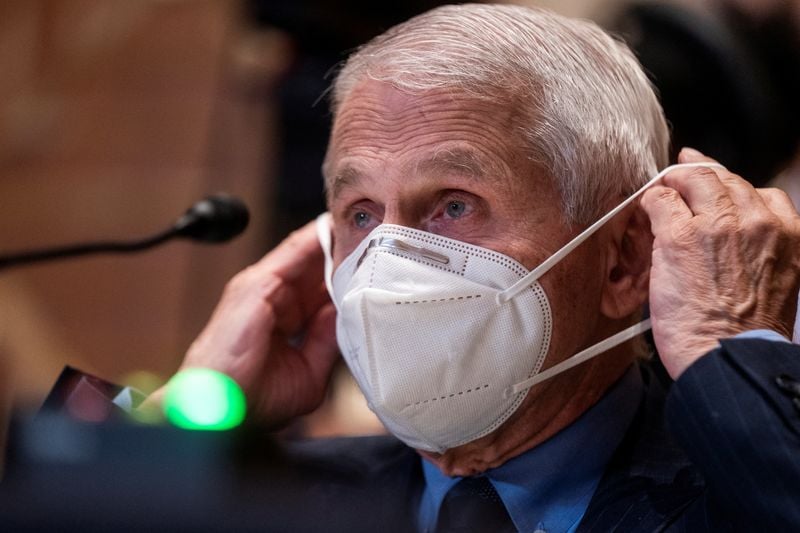
Dr. Anthony Fauci, former director of the National Institute of Allergy and Infectious Diseases (NIAID) and a key figure in the White House Coronavirus Task Force, is currently recovering at home after being hospitalized with West Nile virus. A spokesperson confirmed that he is expected to make a full recovery.
West Nile Virus: What You Need to Know
West Nile virus is a mosquito-borne illness that can cause a range of symptoms, from mild flu-like effects to severe neurological complications. Each year, around 1,000 Americans are hospitalized with the most severe forms of the virus, which can lead to brain swelling, brain damage, or even death. The virus is most active in late summer, particularly in August and September.
While most cases of West Nile virus are mild, with symptoms such as fever, headache, and rash, approximately 1 in 150 infections can result in more severe outcomes, including encephalitis or meningitis. On average, about 100 people in the U.S. die from West Nile virus annually. According to the U.S. Centers for Disease Control and Prevention (CDC), as of August 20, 216 cases have been reported this year across 33 states, with 142 of those being classified as neuroinvasive.
The Broader Context
Dr. Fauci, who has dedicated over five decades to public health, is known for his leadership during the COVID-19 pandemic, providing crucial guidance during one of the most challenging public health crises in recent history. His hospitalization due to West Nile virus highlights the ongoing risks posed by mosquito-borne illnesses, even as the world continues to manage the impacts of COVID-19.
The public is reminded to take precautions against mosquito bites, particularly during the peak of West Nile virus season. Preventative measures include using insect repellent, wearing long sleeves and pants, and eliminating standing water where mosquitoes can breed.

